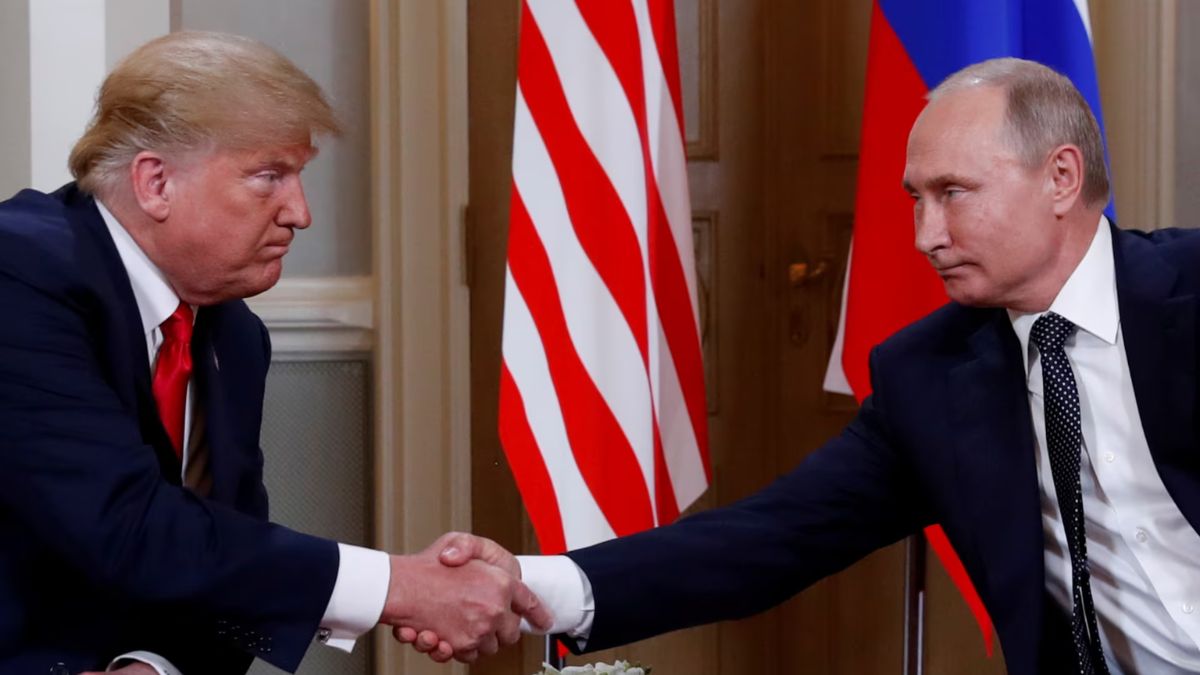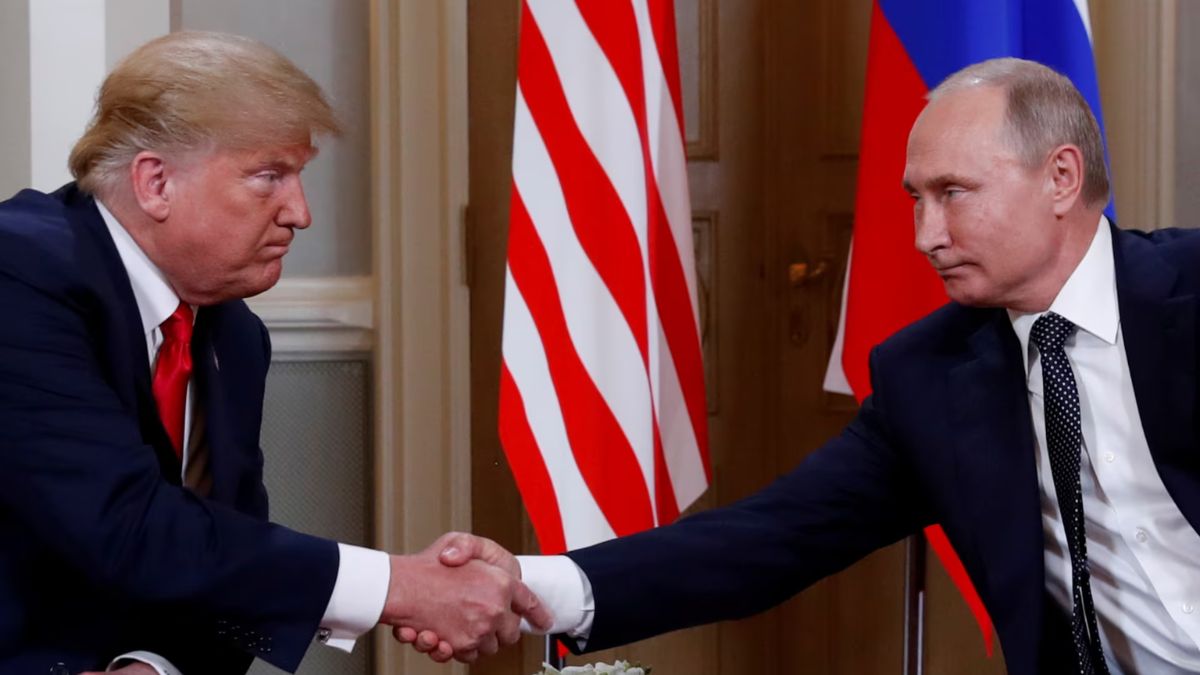It is a coincidence, yes, but almost overnight, India’s defence and diplomatic outreach have separately taken wings all at the same time to cover the extended neighbourhood where the nation’s presence has mostly been confined to bilateral trade, diplomacy and even security cooperation outside of larger regional concerns and interests. In a quick turn of events, New Delhi’s reach and outreach have spread militarily in the west and diplomatically in the east. One involves a non-state actor (in the eest) and the other relates to a dominant State player in the east.
What makes it even more interesting and even more important is that India did not initiate either. In terms of defence and security, the Indian Navy has been out at sea on the Indian Ocean, all the way closer to the mouth of the Red Sea, to protect ships from attacks by the pro-Palestinian Houthi rebels which has been targeting merchant shipping since the outbreak of violence and war in Gaza. The action is to the west of the Indian mainland.
In the east, India is not directly involved, yes. However, External Affairs Minister S Jaishankar was visiting three ASEAN member nations, namely, Singapore, Malaysia and Philippines. In all three capitals, he had discussions with his counterparts and other senior officials. Yet, it was in the Filipino capital of Manila that he spoke about regional and geopolitical politics by extending India’s support for Philippines to protect the nation’s sovereignty.
Short or selective
Jaishankar did not name it, but the reference was to China, which lately had been back to its old game of irritating Filipino merchant vessels in the South China Sea. China claims the whole territorial waters as its own. On this issue, many Southeast Asian nations have disputes with China. Among them, Philippines even has an international arbitration award in its favour – but to no avail.
Impact Shorts
View AllIt is anybody’s guess what Jaishankar meant by India’s support for Philippines to protect its sovereignty, but he did discuss the expansion of political, defence and security cooperation between the two countries. He did not name China, either, in his public statements in Manila, but Beijing was quick to grasp what it meant. In Beijing, a Chinese spokesman promptly said that ‘third nations’ had no role to play in the matter.
In Manila, Jaishankar did not name China, but Beijing, as the guilty customer, was pricked enough to comment on his support for Philippines’ sovereignty. It does not stop there. China is also short on memory, it would seem. In March 2018, just out of the blue, China issued a statement that it would defend the sovereignty of Maldives in India’s immediate neighbourhood if any nation intervened with its sovereignty, etc. The reference of course was to India, though not named.
Critical chokepoint
As Navy chief, Admiral R Hari Kumar, said on the completion of the first 100 days of Operation Sankalp, meaning ‘determination’ against the Houthi attacks / Somali piracy, Indian mariners had carried out over 1,000 boarding on suspected vessels. These included actual rescue missions in which naval personnel, including marine commandos MARCOS, secured captured Indian and foreign vessels and also their crew from the hijackers. India also became one of the few nations to take some hijackers prisoner. As Admiral Hari Kumar pointed out, since mid-December, as part of Phase 2 of Operation Sankalp, the Indian Navy saw the deployment of over 5,000 personnel at sea, over 450 ship-days (with over 21 ships deployed), and 900 hours of flying by the maritime surveillance aircraft to address threats in the maritime domain.
“As of yesterday (Friday, 22 March), we had 11 submarines operating simultaneously in the sea, with more than 35 ships and over five aircraft deployed in different parts of the Indian Ocean Region,” Admiral Kumar said. “So we are making sure that our assets are deployed in an optimal manner to ensure that it covers the area of interest and gives us the best information so that the maritime domain awareness and the requisite degree of transparency are achieved.”
As part of the process, the navy conducted a naval exercise in the Arabian Sea to demonstrate operational readiness. Eight submarines were deployed for the first time in three decades, together. Among them, one Scorpene submarine sailed to the Andaman and Nicobar Islands, overlooking the Malacca Strait, a critical chokepoint for China.
Some experts have argued that China has four times the number of submarines compared to India, and New Delhi has to increase its fleet-strength. Be it as it may, India does not have an expansionist or militarist agenda to provoke third nations. India’s military strength is to secure the nation’s sovereignty and territorial integrity. Nor does it seek to set up military bases across the world which China wants as a wannabe superpower seeking parity with the US.
Strategic autonomy
If all of it is the demonstrated Indian strength, Jaishankar’s support for Philippines is only an extension and expression of New Delhi’s new-found self-confidence that he as the minister concerned has been demonstrating during his interactions with foreign leaders and at foreign venues. It had begun in 2022 with his telling the Europeans in the early months of the Ukraine War, that for them, their problem was the world’s problem but the world’s problem was not theirs.
EAM Jaishankar has not stopped it as a one-off affair. By defying US and its West European allies on ‘Russian sanctions’ and continuing to import oil from Moscow, India demonstrated where one’s nose ends, and the others begin. With this one masterstroke – unlike China, which also defied the sanctions regime – India is a democracy and on that limited count at least, the west considers the nation as ‘one of us’.
The message was clear. There was no more room for unilateralism in matters that India is interested and involved – whether on sanctions or larger policy matters. Consultations did not stop with the one among a few of them, if it has to work on the ground as the world moves away from the Cold War era psyche and dynamics – and new powers like India emerge. More importantly, there was no question of New Delhi compromising the nation’s ‘strategic autonomy’.
The Indian sense of self-confidence has since extended to cover bilateral equations with individual nations like the US and international collectives like the UNHRC. For years now, New Delhi has drawn the line on the UNHRC and/or the US State Department, among other fora, commenting on the human rights situation in the country.
More recently, the Ministry of External Affairs joined issue with the US State Department over its comments and observations on the domestic legal and judicial processes, involving the arrest of Delhi Chief Minister Arvind Kejriwal and also the freezing of the bank accounts of the Opposition Congress party, both on the eve of the all-important Lok Sabha polls. The message was clear. India does not require any lessons in democratic behaviour from others and has strong institutions that are capable of addressing such issues. That is saying a lot!
The writer is a Chennai-based policy analyst and political commentator. Views expressed in the above piece are personal and solely that of the author. They do not necessarily reflect Firstpost’s views.


)
)
)
)
)
)
)
)
)



